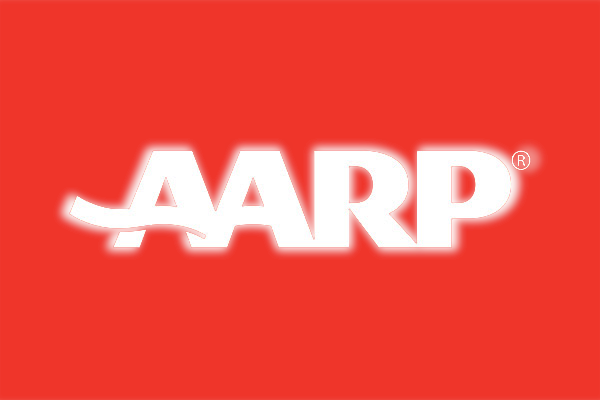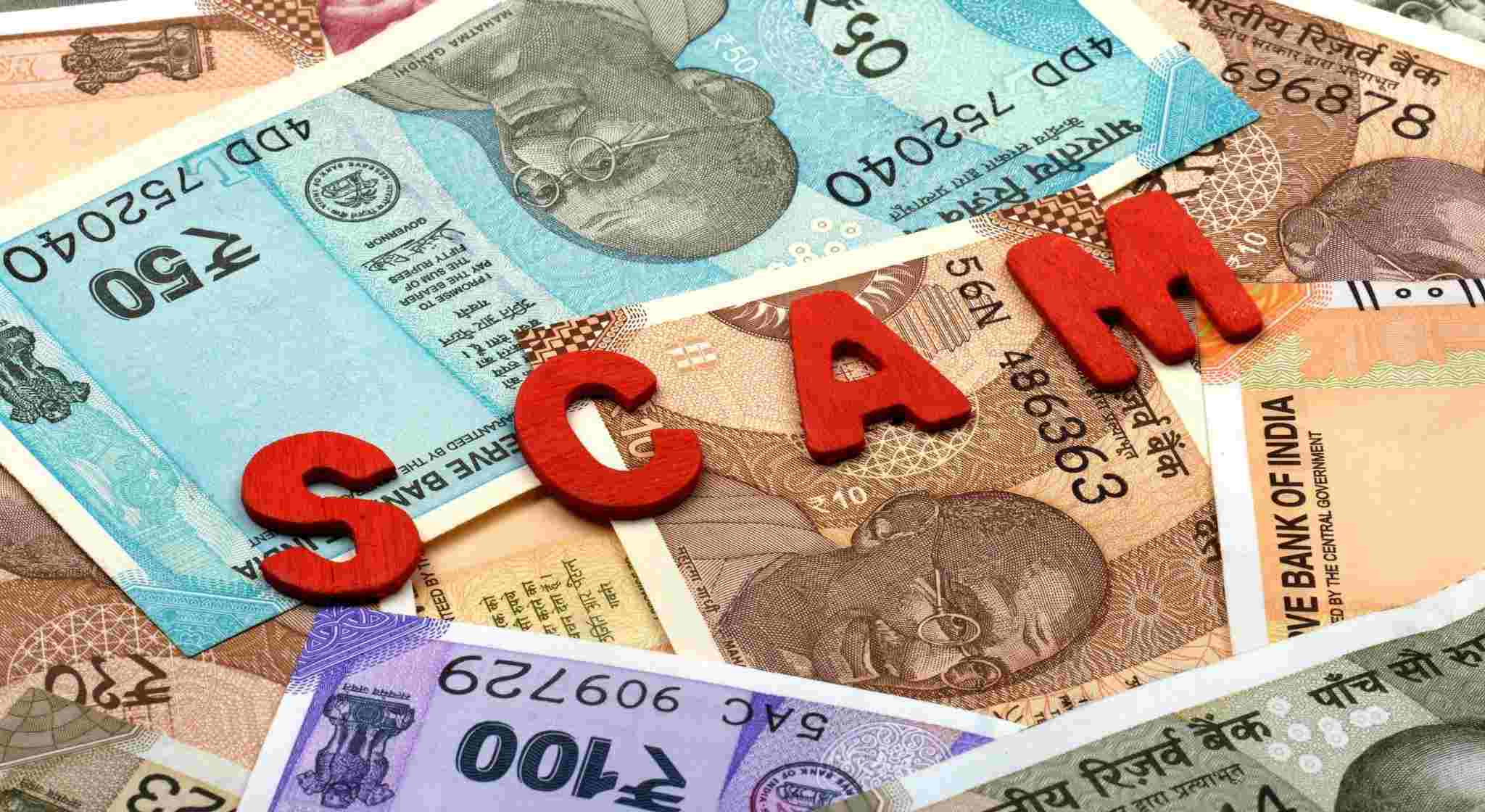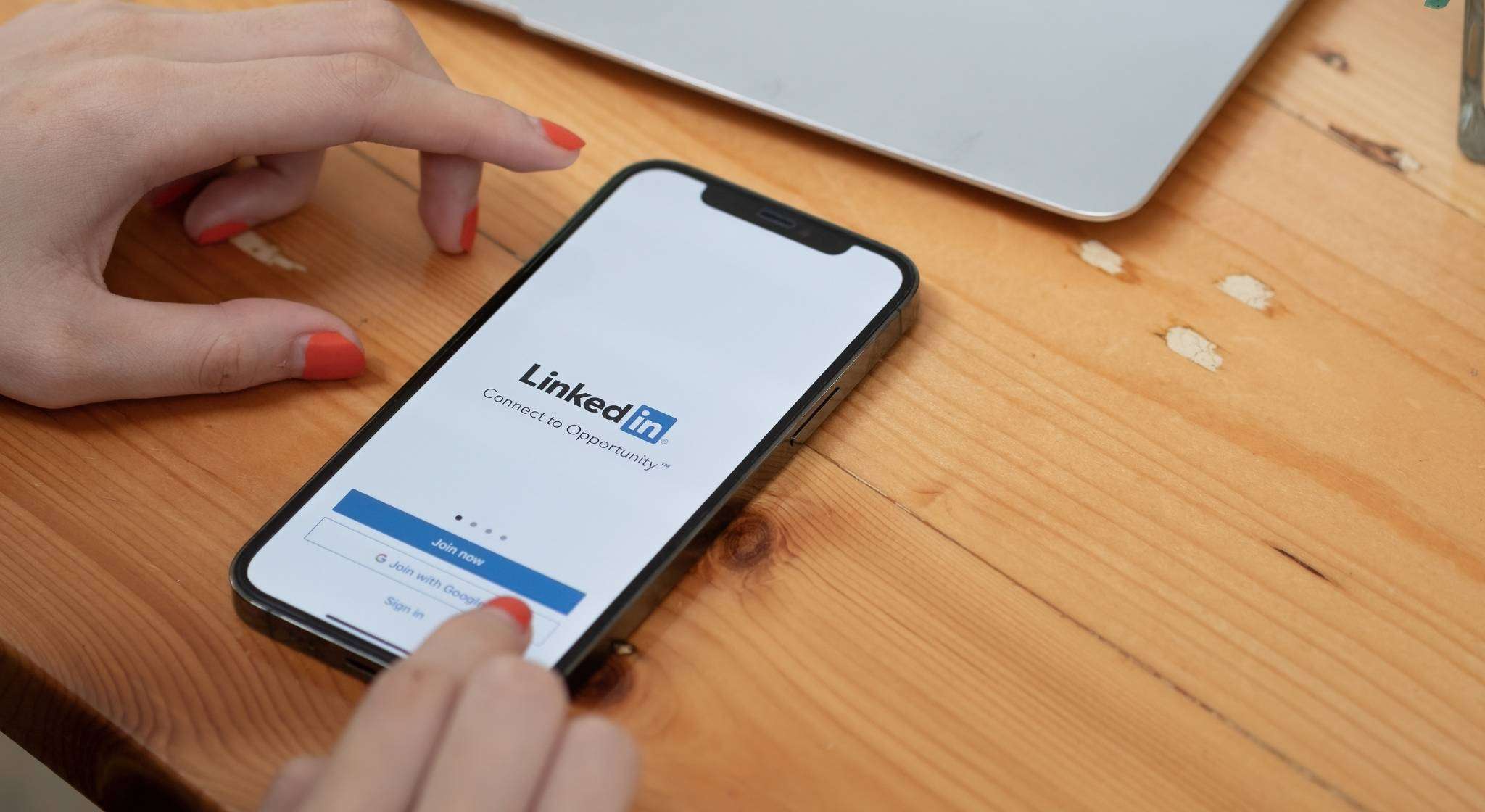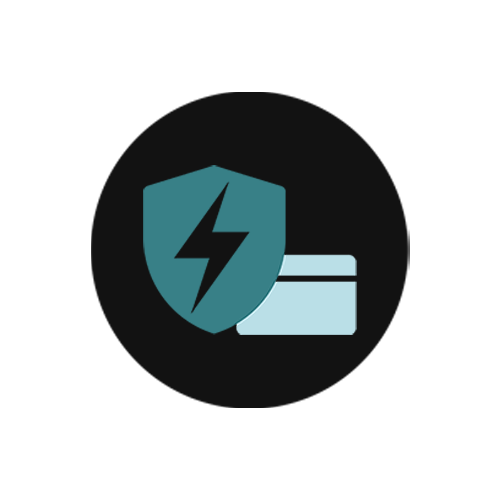Home » AARP Provides Free Training to Retailers to Prevent Gift Card Fraud, Saving Americans Millions
AARP Provides Free Training to Retailers to Prevent Gift Card Fraud, Saving Americans Millions

Someone may ask you to pay for anything with a gift card, such as a Google Play or iTunes card, and then provide them with the numbers on the back of the card. They’re attempting to con you if they ask you to do this. No legit company or govt agency will ever require you to pay using a gift card.
What Gift Card Scams Look Like
Gift cards are meant to be given, not used to make purchases. Scammers like them because they’re easier to identify and buy, and buyers have fewer protections than with conventional payment methods.
They’re more like currency in that the money on the card is gone once you use it. This is a favorite tactic of con artists. You can be sure that if someone phones you and asks that you pay them with gift cards, they are a scammer. They have your money once they obtain the gift card information and PIN. Scammers may tell you a variety of stories to persuade you to pay with gift cards, but here’s how it normally goes:
- The caller claims that the situation is urgent. The con artist claims that unless you pay immediately away, something horrible will happen. But you don’t, and it’s not going to happen.
- Typically, the caller will inform you which gift card to purchase. They might advise you to buy a gift card from eBay, Google Play, Target, or iTunes. They may direct you to a particular retailer, such as Walmart, Target, CVS, or Walgreens. They sometimes advise buying cards in multiple stores so that cashiers aren’t suspicious. Furthermore, the caller may remain on the line with you while you go to the store to load money onto your card. These are all red flags that you’re being duped.
- You are asked for your gift card number and PIN by the caller. The fraudster can get the money you loaded onto the card by using the card number as well as the PIN on the back side of the card. And the con artist receives it immediately away.
About the AARP

AARP has announced two new training classes aimed at teaching major U.S. retail personnel how to recognize and prevent gift card and wire-transfer fraud.
According to an AARP press release, Walgreens and Best Buy have both signed on as the first merchants to use the AARP BankSafe training. In a blog post, Debra Whitman, executive vice president and chief public policy officer at AARP, said, “AARP’s BankSafe program gives frontline employees the information and tools they need to stop fraudulent practices and protect customers — especially seniors — from having to lose their hard-earned money due to financial exploitation.”
According to the Federal Trade Commission, victims of wire fraud lost $483 million last year AARP (FTC). Gift card fraud cost another $233 million in 2018, with the typical victim losing $1,000, up from $700 in 2018. Gift card sales have risen quickly in recent years and are anticipated to reach $221 billion by 2024, according to AARP.
According to AARP, 34 percent of Americans have been victims of gift card fraud so far in 2022, compared to 31 percent in 2021, and 23% have received a card with no funds on it. “Gift card fraud is a significant problem, and anyone may be a victim if they don’t know the facts,” said Kia Hakimi, Best Buy’s Vice President of Global Threat Detection and Response. “In the retail industry, these scams frequently start outside of a real store. The BankSafe training equips staff with the knowledge and skills they need to recognize the indications of gift card theft and help others avoid being harmed.”
According to AARP, the most typical scam involves approaching a victim and asking them to pay for something using gift cards. The victim is persuaded to pay a fee to claim a substantial win, sweepstakes, or lottery, to pay an upfront price for a service or product, or to do a favor for a friend or coworker. According to AARP, one-fourth of these customers were informed by a store employee or manager that their gift card transaction might be a hoax.
Gift card sales have risen substantially in recent years, with market predictions predicting that by 2024, sales will total $221 billion. Since 2018, the number of reported gift card scams has increased every year, according to the Federal Trade Commission. Consumers reported losing $233 million to gift card scams in 2021 alone. In addition, the average loss per victim has risen from $700 in 2018 to $1,000 in 2021.
DO YOU NEED EXPERT ADVICE?
We have encountered victims who were mentally and emotionally drained when they were scammed out of their money. We can help you with your legal and technical concerns. We can help you get your money back.
Consumer Education, Personnel Training, and Innovations in Point-of-Sale Systems
Moreover, according to a new AARP analysis, are the keys to addressing the problem. Consumers rely on retail staff as their last line of defense.
According to AARP, one out of every four people who were about to buy gift cards in a scam received a warning from a retail clerk. Because a third party intervenes in attempted financial exploitation more than half of the time, potential victims can escape losing money. Consumers could lose tens of millions of dollars each year if retailers in the United States implement the training.
“Our frontline members are one of our greatest assets, and because of the partnerships they inscribe with their older customers who frequently visit our stores for their prescriptions and other needs, they have an incredible and unique edge in addressing this issue,” said Maria Smith, Walgreens Vice President of Payment and Financial Services.
“Gift card fraud is a significant problem, and anyone may be a victim if they don’t know the facts,” said Kia Hakimi, Best Buy’s Vice President of Global Threat Detection and Response. “In the retail industry, these scams frequently start outside of a real store. The BankSafe training equips staff with the knowledge and skills they need to recognize the indications of gift card theft and help others avoid being harmed.”
The highly interactive BankSafe training from AARP is based on the same award-winning structure that has helped bank, credit union, and investment firm staff prevent the theft of $112 million from seniors. The training for gift cards and wire transfers is a 15-minute course with 11 tasks that include interactive videos, gamified features, a resource library full of tools and assets, and more.
How Fraudsters Convince You to Pay With Gift Cards
Scammers pose as someone they are not in order to get you to pay with gift cards. They want to intimidate or pressure you into responding quickly so that you don’t have time to ponder or speak with someone you can trust.
Here’s a rundown of some of the most typical gift card rip-offs and schemes:
- The scammer claims to be from the government, either the Internal Revenue Service or the Social Security Administration. They claim you must pay taxes or face a fine, but this is a ruse.
- You receive a call from tech support claiming to be from Apple or Microsoft and informing you that your machine is malfunctioning. But it’s a fabrication.
- You find someone great on a dating service, but he requires financial assistance and wants you to assist him. This romance con artist fabricates any scenario to get you to send him gift cards.
- The fraudster poses as a friend or family member in need of money and requests that you give money straight away – without telling anyone. This is a rip-off. If you’re concerned, hang up and call a friend or relative to double-check everything.
- Someone tells you that you’ve won a reward, but you must first pay fees or other costs using a gift card. Remember that no reputable company or agency will ever force you to pay using a gift card. But, more importantly, did you enter that sweepstake?
- The caller claims to be from your utility company or another utility. If you don’t pay right away, she threatens to turn off your service. Utility corporations, on the other hand, do not operate in this manner. It’s a ruse.
- Someone hands you a check for a lot more than you expected. They instruct you to deposit the cheque and give them the difference in the form of a gift card. However, that check will be forged, and you will lose all of your money.
Chargebacking is here to help you recover your money and get your life back. We also have guides and news alerts that can aid you.
Sources & Attribution
- Author: Brian Neeley https://biz.crast.net/saving-millions-of-americans-aarp-offers-retailers-free-training-to-prevent-gift-card-fraud/
- Author: Carina Egglestone https://states.aarp.org/michigan/aarp-projects-retailers-could-stop-tens-of-millions-of-dollars-in-consumer-loss-from-gift-card-fraud-with-new-training
Find Related News
Subscribe to Our Newsletter
Scam Recovery Resources
All There Is To Know About Payment Scams To Stay Safe From Them in 2022
When someone steals another person’s payment information and uses it to make illicit transactions or purchases, this is known as payment fraud. hen the cardholder or owner of the payment information notices that their account is being used for transactions or purchases that they did not authorize, they file a dispute.
Know How Scammers Are Leveraging Your Bank Account & Routing Number to Steal From You!
What could someone possibly do with your bank account and routing numbers? Will your bank account and your money be compromised if someone has these banking details? While some of the possible activities are risk-free, like sending money to a person’s account, others might put your assets in danger since con artists can commit ACH frauds and write fake checks using the information from your account.
Kiaasc.com – The Expert Online Fraudsters Blacklisted for Conducting Online Scams
Kiaasc.com is an illustration of such a scam. They have been assigned as an unlawful site occupied with criminal and deceitful demonstrations and have been recognized as a trick site by the specialists.
CFD Scam Didn’t Go As Planned for The Scammers – Frank Moorro Managed To Recover $12,000
CFD scams are contracts for various types of frauds that have been on the rise. The frauds appear to be expanding in frequency as the number of victims grows, thanks to a persuasive staff that cold phones and pressures targets. CFDs are a legitimate investment and trading product.
How Mr. Johnson Recovered His Life’s Savings Worth $67,000 by Collaborating with Chargebacking & Kicking His Forex Scammers to The Curb!
The single most important thing a person can do to avoid being conned is to understand how to trade in the Forex market properly. The problem is that finding trusty Forex teachers is difficult.
Our news coverage focuses on reporting scam related news and alerts. We aggregate information from web resources, as well as, reach out to our contacts so that we can get the latest scoop on scam operations.
FundTrace is committed to upholding the journalistic standards online, including accuracy. With our news reporting, our policy is to review each issue on a case by case basis, immediately upon becoming aware of a potential error or need for clarification, and to resolve it as quickly as possible.
We Can Help You
Victims of scams are stressed out because they don’t know what to do. We have the tools and experience to fight off scams. We will help you in getting your money back.
Please fill up the form now so that our team will get in touch with you.








